Fictionalized Medicine or Medicalized Fiction? A Doctor's Ultimate Holiday Reading List
Despite, or because of, the challenges and joys of lonely night shifts, learning how to be an effective chief resident, and welcoming a new baby to our family, I continue to always have a book in hand as a way to relax and to stay grounded. From a college student confused about disease outbreaks in the media to a family doctor pondering the complexities of drug policy in her last year of training, my books have been there to shape me as a learner and physician. Here are some more of my favorites.
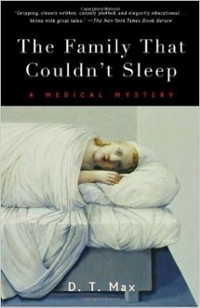
The Family That Couldn’t Sleep: A Medical Mystery by D.T. Max
The media was on fire with coverage of Mad Cow Disease, yet I couldn’t quite understand it: “So, it’s not alive? But it’s infectious? OK, so you can’t kill it. Wait, it’s inherited, too? Now you’re just messing with me…" I admit, I did not get it, and that bothered pre-medical school me a lot. D.T. Max to the rescue! I read this on a plane to Cancun for my honeymoon. I realize that it is a bit nerdy, but I finally understand! Prions, the mysterious agents behind Mad Cow Disease, are fascinating. Beyond maddening cows, they cause generations of the same Italian family to die after years of insomnia, and a tribe in Papua New Guinea to suffer laughing fits before succumbing to uncontrolled tremors and death. This is a book that is entertaining enough for a vacation but educational enough to make you feel smart at a dinner party.
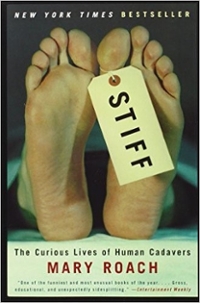
Stiff: The Curious Lives of Human Cadavers by Mary Roach
As a first year medical student, it was the cadaver in the anatomy lab who first taught me about the human body. She was the benchmark against which all other physical exams were compared as I started to see real patients for the first time. I remember how her enlarged spleen had me quite confused for several months until I realized that hers was ravaged by a blood cancer and therefore much larger than those I should expect to find on other patients. I spent a lot of time wondering about her life before dissection. If anyone else has ever wondered why or how a cadaver ends up in the hands of doctors-in-training, then Mary Roach has you covered. She has a hilarious way of teaching about the various roles for our bodies after death, and they go way beyond the anatomy lab.
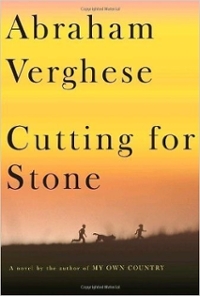
Cutting for Stone by Abraham Verghese
Abraham Verghese is my physical examination hero. Seriously, I idolize the way he thoroughly examines every patient, uses his subtle findings in his medical decision making, and passes on his methods to learners. As a fourth year medical student, I was a teaching assistant for a group of first year students for their introduction to clinical medicine course. I spent hours watching Dr. Verghese demonstrate his exam on YouTube (2 minutes and 37 seconds just for the thyroid exam) in hopes that I could pass on even a bit of his technique. After leading a book club for his first book, My Own Country, I couldn’t wait to get my hands on his first work of fiction. It was even more amazing than I expected, and no synopsis would give it justice. I alternated between audio book in the car and a hardcover on the bedside table, as I could not wait until the next day’s commute to resume. I had a unique opportunity to hear Abraham Verghese speak at the AAFP National Conference in early October. I was reminded of his warning that we have to be careful not to lose the essence of the art of medicine as we sit behind a computer screen. Cutting for Stone will do the same as you follow the characters’ own journeys into lives as physicians.
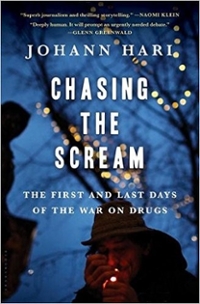
Chasing the Scream: The First and Last Days of the War of Drugs by Johann Hari
Whether we enjoy the subject of addiction or not, it’s not the kind of thing a family doctor can escape. I see it every day in clinic (anger when I won’t prescribe narcotics), in the ER (because a primary care doctor wouldn’t prescribe narcotics), and in the ICU (cocaine-induced stroke, spice-induced seizure, or opiate-induced respiratory failure). No matter where you fall politically, this book will get you thinking about our nation’s drug problem, and what we should do to fix it. As a physician, I need to take a stand and advocate for my patients. Drugs affect them, and our attitudes and laws can either help or hinder their success in sobriety. Let it make you angry or nod your head in agreement, as long as it makes you do something!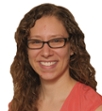 This article first appeared in "Family Medicine Vital Signs," a publication of the University of Utah's family medicine residency.
This article first appeared in "Family Medicine Vital Signs," a publication of the University of Utah's family medicine residency. Erin Helms is a third year Chief Resident in the University of Utah's Family Medicine Residency Program.
